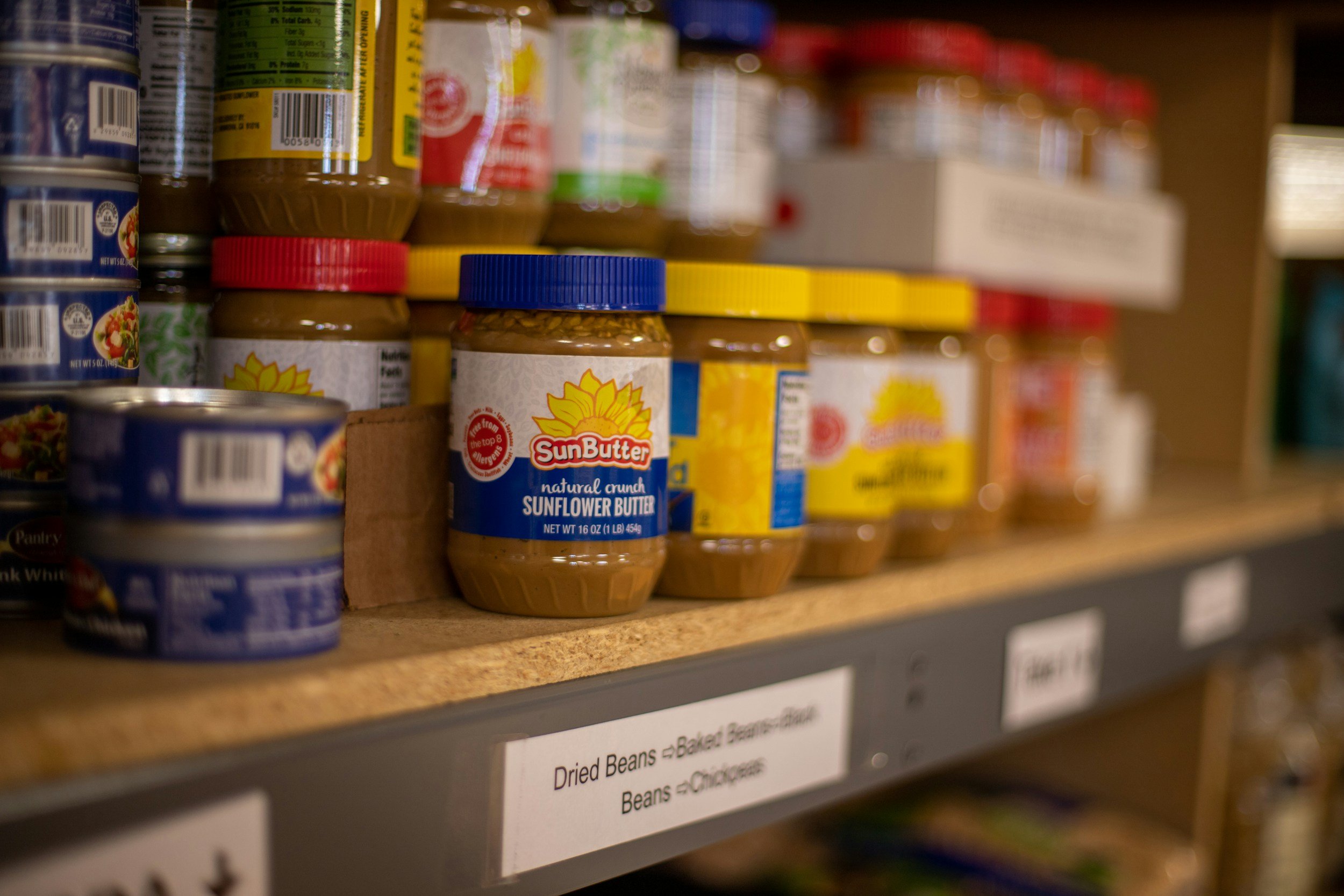
Empowering Pantries: Nourishing Communities
While there are many components to chronic illness, numerous studies have shown that the foods we eat play a large part in a person’s health and well-being. In this course, made specifically for food pantries, we'll explore this more deeply and share how pantry staff have the opportunity to encourage patrons to make educated and improved dietary choices. Choices that will positively impact their mental and physical health.
-
Session One
-
Lesson 1: Introduction
Welcome to the first session on Empowering Pantries: Nourishing Communities
-
Lesson 2: Understanding the Terms
Let’s establish a baseline of language and knowledge of the terms “Food is Medicine,” “Food as Medicine,” and “Food is Health.”
-
Lesson 3: Your Unique Position
Your role in assisting pantry patrons can be a complex one as you work to provide dignity and understanding of their needs.
-
Lesson 4: Impact of Preventative Health
Food as medicine implemented as preventative health has been recognized for centuries for the profound impact of nutrition on health and yet, poor diet is the number one cause of death around the world.
-
Lesson 5: Good Nutrition = Nutrient-Dense Foods
Confidently encouraging pantry patrons to make appropriate choices for their diet needs and the best choices overall is crucial for their health.
-
Lesson 6: Nutrient-Dense Foods
To better assist your patrons, it is important to understand what foods are packed with nutrients and those that are not.
-
Lesson 7: The Role of Nutrients
Our bodies require a balance of nutrients to maintain harmony, balance, and function.
-
Lesson 8: The Impact of Diet on Health
Pantry staff and volunteers have an opportunity to help their patrons make informed dietary choices to promote optimal health and prevent or manage chronic conditions like heart disease, diabetes, and obesity.
-
Lesson 9: Encourage a Nourishing Diet
L:et’s chat about some practical tips and steps to take to educate your pantry patrons so they may achieve and maintain a healthy eating pattern.
-
Lesson 10: Challenges to Implementing Nutritious Eating
As you are likely aware, there are many challenges to eating nutritiously, including the obvious financial and preference barriers.
-
Lesson 11: In closing
Thank you for participating in this first session of Empowering Pantries: Nourishing Communities.
-
-
Session 2
-
Session 3
-
Session Four
What you’ll learn
-
Your role in assisting pantry patrons can be a complex one as you work to provide dignity and understanding of their needs. Think of your pantry’s position to not only provide food, but to provide a level of education to its staff, volunteers, and patrons.
-
Our bodies require a balance of nutrients to maintain harmony, balance, and function. Carbohydrates, proteins, and fats are macronutrients, providing the energy and structural support needed for everyday activities
-
Practical tips and steps to take to educate your pantry patrons so they may achieve and maintain a healthy-eating pattern.
Course FAQ
-
This course was designed for food pantry employees and volunteers.
-
Food Equality Initiative (FEI) stands as a leading organization in the fight against food insecurity and health disparities, leveraging a profound understanding of the intersection between nutrition and wellness. With a mission centered on fighting for nutrition security and health equity for all, FEI ensures equitable access to nourishing, allergy-friendly, and medically-necessary foods. Having served the community for 10 years, we have developed robust programs and collaborations that address the specific needs of vulnerable populations. FEI has a proven track record of implementing evidence-based strategies that improve health outcomes through proper nutrition. FEI's extensive experience in education and advocacy makes us uniquely qualified to lead the Empowering Pantries: Nourishing Communities course, offering invaluable insights and practical guidance to pantry managers and volunteers. Participants will learn how to integrate the principles of food as medicine into their operations, ensuring that the food distributed not only alleviates hunger but also supports overall health and well-being.
Moreover, FEI's commitment to community engagement sets us apart as a trusted resource in the realm of food as medicine. Our innovative initiatives, such as opening the first allergen and gluten-free food pantry, home delivery of food to those who would otherwise visit a food pantry, and the development of culturally relevant educational materials, demonstrate our dedication to empowering individuals and communities. By hosting this course, FEI aims to equip pantry managers and volunteers with the knowledge and tools necessary to promote healthier food choices and address chronic health conditions through diet. The course covers essential topics such as identifying nutrient-dense foods, understanding dietary needs for chronic illnesses, and methods and means to share nutrition education with the community. Participants can expect to gain actionable strategies, informed by FEI's extensive research and real-world experience, to enhance the nutritional support provided to those in need, ultimately fostering healthier communities through the power of food.



